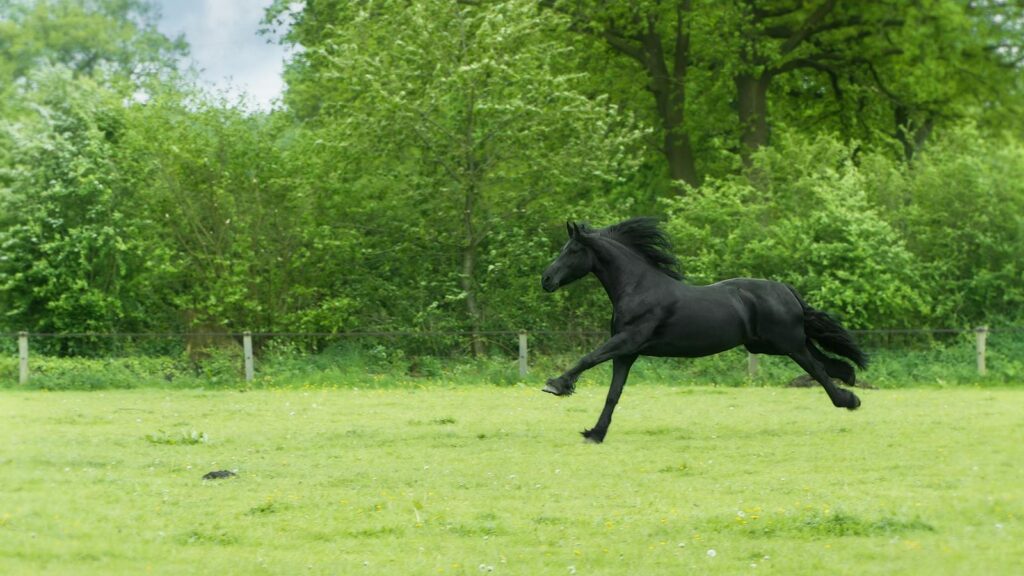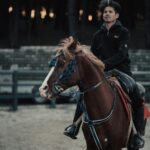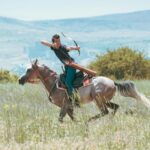In the digital age, horse podcasts have become a valuable resource for equestrians seeking to enhance their knowledge and connect with the broader riding community. From training techniques to health advice, these audio platforms offer convenient access to expert insights. However, not all podcast content is created equal, and riders often make critical errors when consuming and applying information from these sources. Understanding how to effectively navigate the world of equestrian podcasts can make the difference between valuable education and potentially harmful misinformation. This article explores the most common mistakes riders make when engaging with horse podcasts and offers guidance on how to become a more discerning listener.
Failing to Verify Podcast Host Credentials
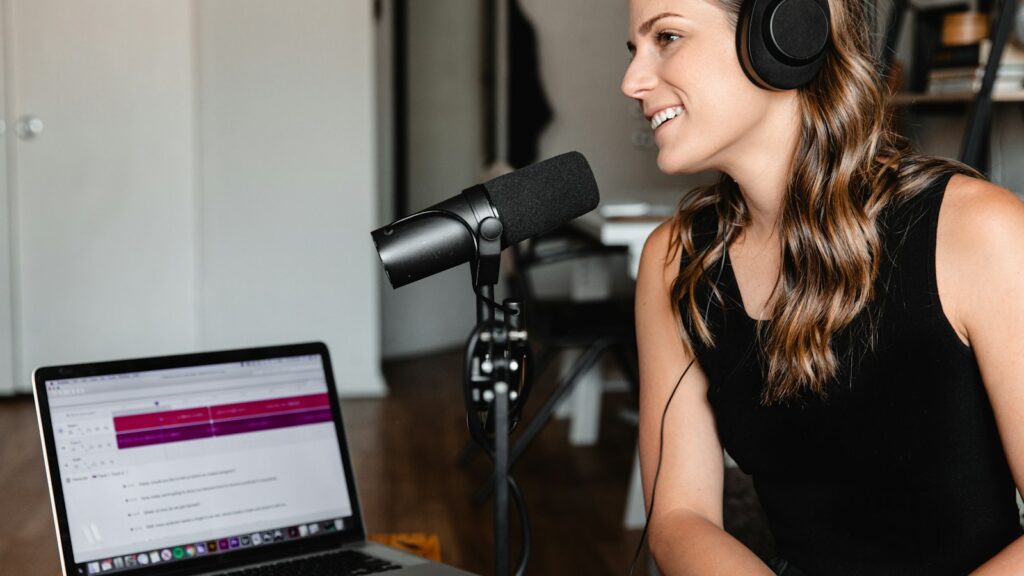
One of the most prevalent errors riders make is accepting podcast information without investigating the host’s qualifications. Anyone with recording equipment can launch a horse podcast, regardless of their actual experience or education in equine sciences. Listeners should research hosts’ backgrounds, including their formal training, professional achievements, and reputation within the equestrian community. Credible hosts typically have specific certifications, competition experience, or academic credentials that qualify them to speak on their chosen topics. Taking time to verify these credentials before implementing advice can prevent the application of potentially harmful practices to your horse.
Treating All Equestrian Podcast Advice as Universal
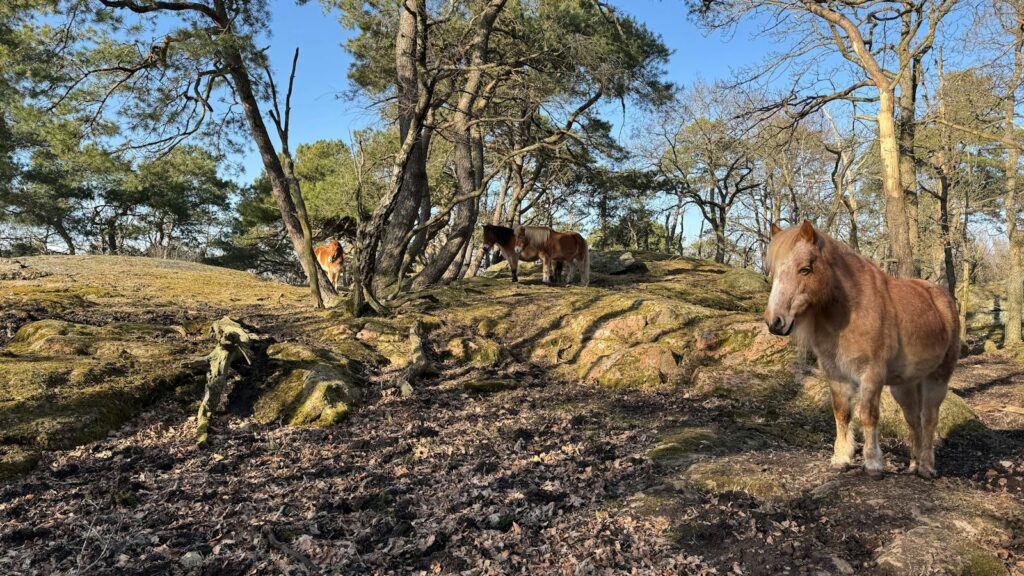
Riders frequently make the mistake of applying podcast recommendations without considering their individual horse’s needs, temperament, or training level. What works for one horse may be completely inappropriate for another, even when the advice comes from a reputable source. Each equine has unique physical capabilities, learning styles, and psychological responses that must be factored into training decisions. Smart podcast listeners adapt general principles to their specific circumstances rather than following instructions verbatim. Consulting with your personal trainer or veterinarian before implementing podcast suggestions ensures the advice aligns with your horse’s particular requirements.
Overlooking Podcast Sponsorship Bias
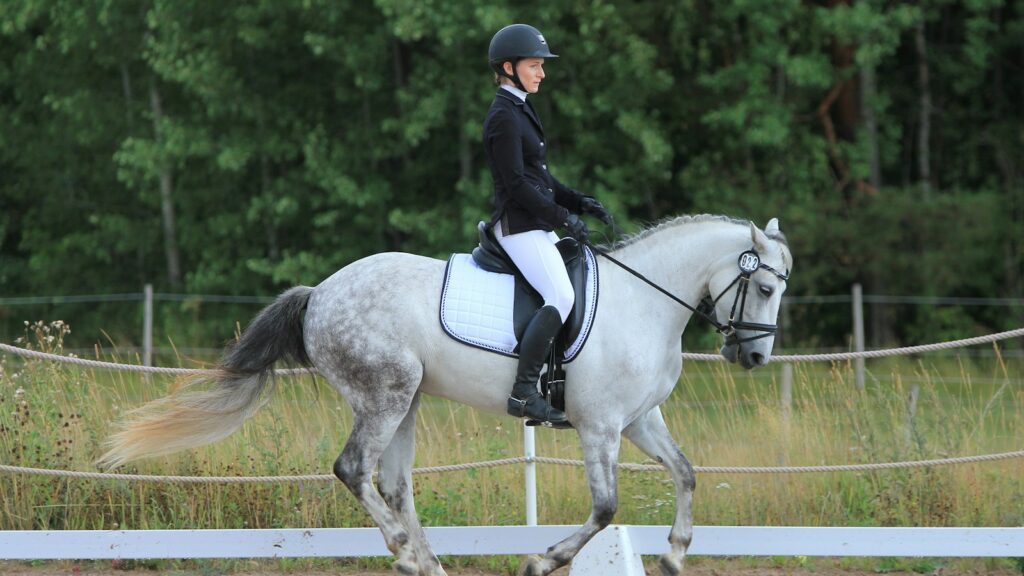
Many equestrian podcasts rely on sponsorship revenue, which can subtly or overtly influence the content and recommendations presented. Listeners often fail to recognize when product endorsements might be commercially motivated rather than based solely on merit. Sponsors may influence topics covered, solutions suggested, or even the framing of equine problems. Astute podcast consumers pay attention to disclosure statements and consider whether recommendations consistently favor specific brands. Cross-referencing product claims with independent research and reviews provides a more balanced perspective on equipment, supplements, or services promoted within podcast episodes.
Confusing Anecdotes with Scientific Evidence

A dangerous error riders make is giving personal stories the same weight as peer-reviewed research when consuming podcast content. Compelling anecdotes about miraculous training breakthroughs or healing remedies are engaging but may represent outlier experiences rather than reliable patterns. Quality podcasts distinguish clearly between evidence-based practices and experiential observations. Listeners should be particularly cautious of claims that sound too good to be true or contradict established veterinary science. The most valuable equestrian podcasts cite research studies or consult with multiple experts to verify information before presenting it as fact.
Applying Outdated Equestrian Practices
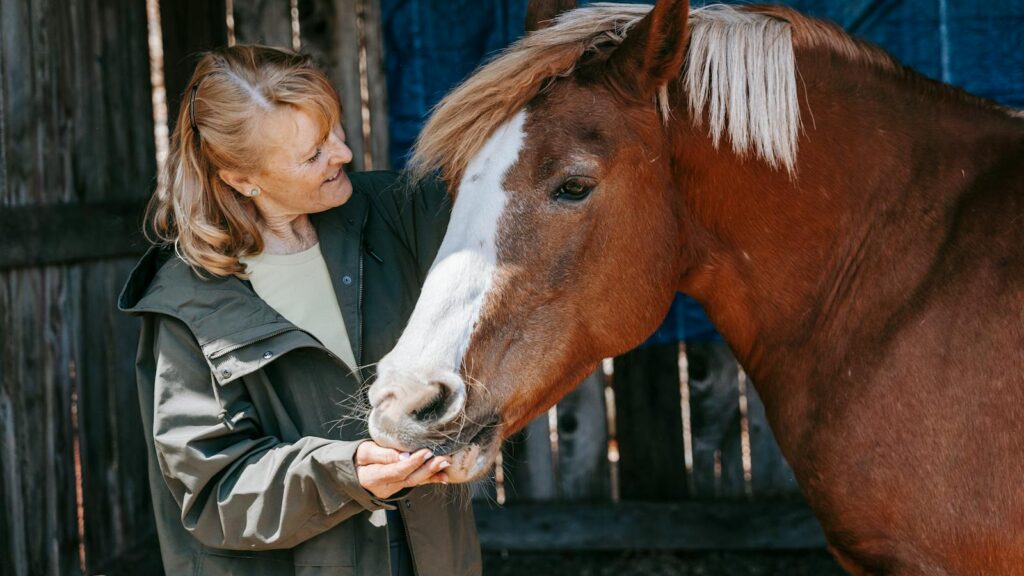
Horse care and training methodologies evolve continuously, yet some podcasts perpetuate traditional approaches that modern equine science has proven ineffective or potentially harmful. Riders who don’t stay current with equestrian research may inadvertently implement outdated practices they’ve heard described authoritatively on podcasts. Concepts like dominance-based training, certain equipment uses, and some traditional health remedies have been reconsidered as our understanding of equine cognition and physiology advances. Responsible listeners compare podcast information against current scientific consensus and recognize that newer episodes generally contain more up-to-date information than archived content from years past.
Neglecting to Consider Regional Differences
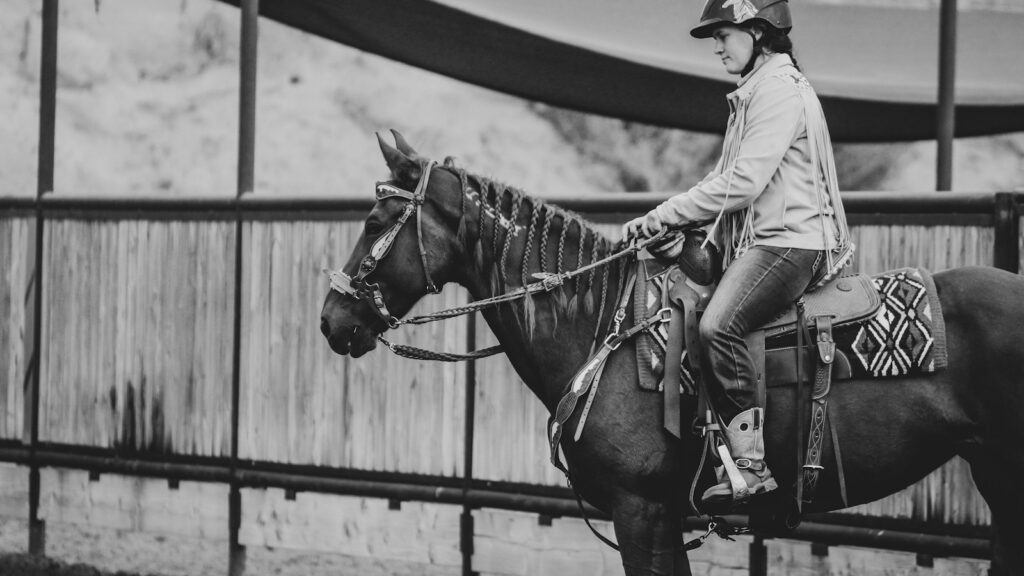
Many horse podcast listeners fail to account for geographical and regional variations when implementing advice. Nutrition recommendations appropriate for horses in arid climates may be problematic for those in humid regions. Training approaches developed for European warmblood disciplines might require significant adaptation for Western riding styles common in North America. Even legal regulations regarding equine care, competition, and medication vary significantly across countries and states. Thoughtful podcast consumers consider these regional factors and seek supplementary information specific to their location before applying general recommendations to their horses.
Implementing Advanced Techniques Without Fundamentals
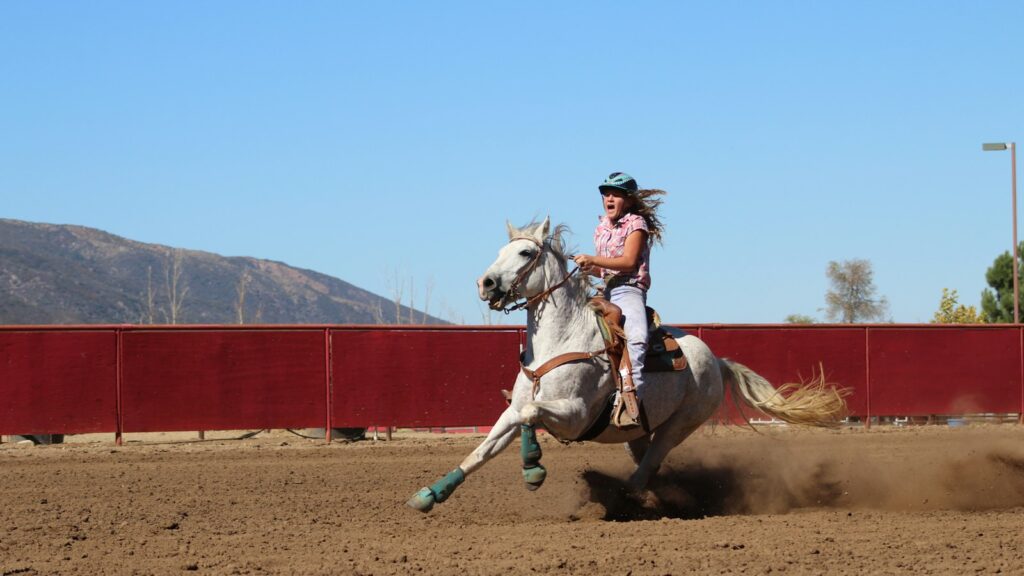
Riders frequently attempt sophisticated training methods discussed on podcasts without establishing necessary foundational skills. This error occurs when listeners become excited about achieving impressive results they hear described in episodes focused on advanced techniques. However, most expert trainers build systematically on basic principles that may not receive equal attention in podcast discussions. Attempting flying lead changes before mastering balanced canters or trying complex liberty work before establishing reliable ground manners can frustrate both horse and rider. Responsible podcast implementation requires honest assessment of current skill levels and patience in building prerequisite abilities before attempting advanced concepts.
Inconsistent Application of Podcast Methods
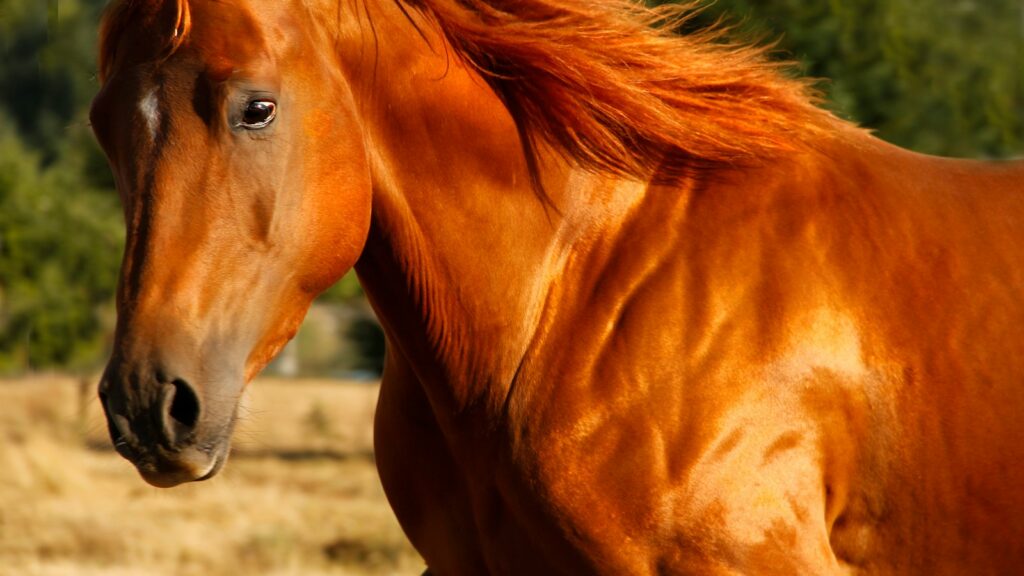
Many riders sample various training and care approaches from different podcast episodes without committing to a consistent methodology. This creates confusion for horses who thrive on clear, predictable communication. Equines quickly become frustrated when handling and riding cues change frequently based on the latest episode a rider has consumed. Effective horsemanship requires selecting compatible methods that work together coherently and giving them sufficient time to show results. Rather than constantly switching approaches, discerning podcast listeners evaluate new information against their established training philosophy and incorporate only compatible elements that enhance their current system.
Misinterpreting Subtle Training Concepts
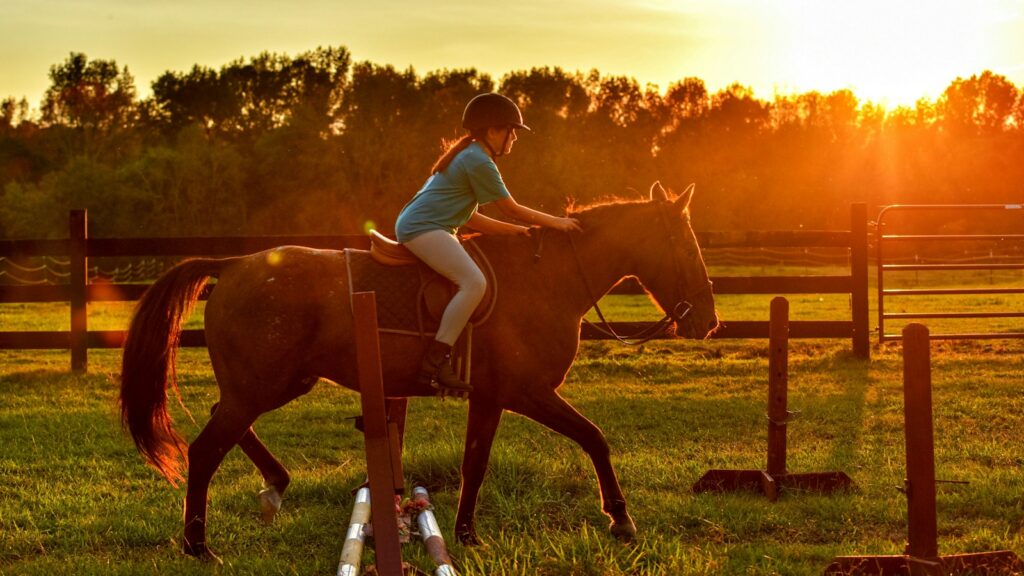
The audio-only format of podcasts makes it challenging to grasp nuanced physical techniques that depend on precise timing and feel. Listeners frequently misinterpret descriptions of subtle cues, pressure applications, or body positions that require visual demonstration to fully comprehend. This limitation leads to incorrect implementation of otherwise sound advice. The most effective podcast consumers supplement audio information with visual resources like videos or in-person clinics when learning physical techniques. Some podcast producers recognize this limitation and provide companion videos or detailed show notes with illustrations to clarify concepts that are difficult to convey through audio alone.
Prioritizing Entertainment Over Education
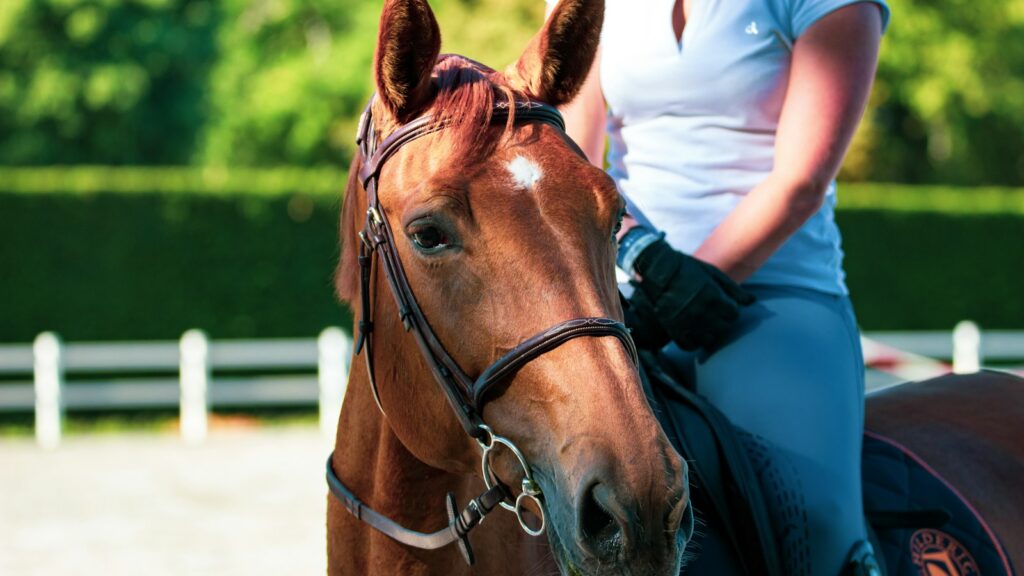
Horse podcasts vary significantly in their balance between entertainment and substantive education. Riders sometimes gravitate toward highly entertaining hosts with engaging personalities rather than those offering the most accurate or comprehensive information. While enjoyable content keeps listeners engaged, it shouldn’t come at the expense of factual accuracy or depth of analysis. The most valuable equestrian podcasts strike a balance, presenting evidence-based information in an accessible, engaging manner. Discerning consumers evaluate whether episodes leave them with actionable knowledge or merely pleasant conversations and prioritize sources that consistently deliver substantial educational content.
Failing to Adapt Information to Rider Skill Level
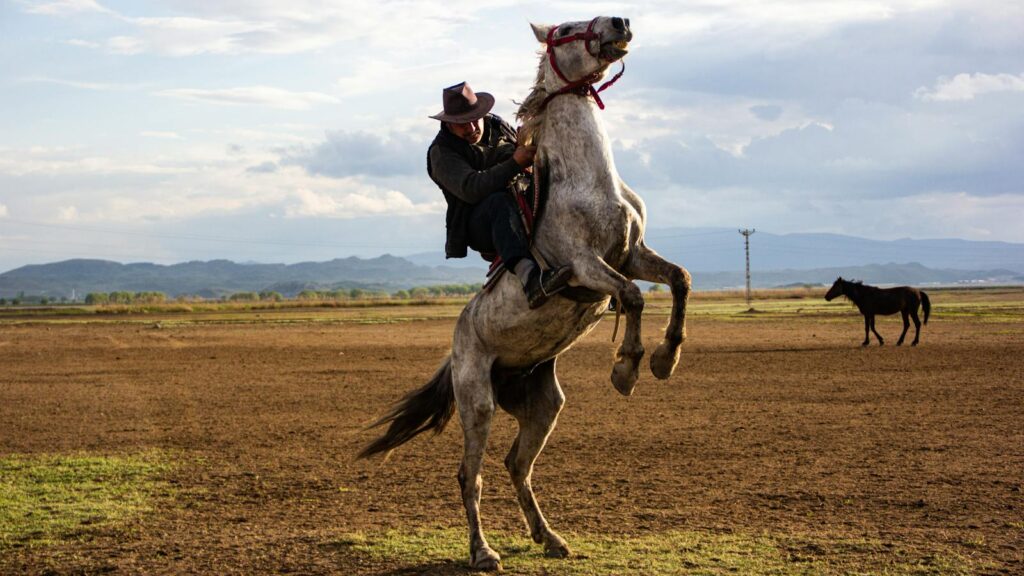
An overlooked podcast error is when riders attempt to implement advice intended for individuals with significantly different experience levels. Techniques described for professional trainers often require skills, timing, and feel that amateur riders haven’t yet developed. Similarly, competitive strategies discussed for elite athletes may be inappropriate for recreational riders with different goals. Responsible podcast consumers honestly assess their current abilities and select content that matches their development stage. Many quality podcasts specify the intended audience for particular episodes or techniques, helping listeners determine whether the content aligns with their current capabilities.
Disregarding Safety Considerations
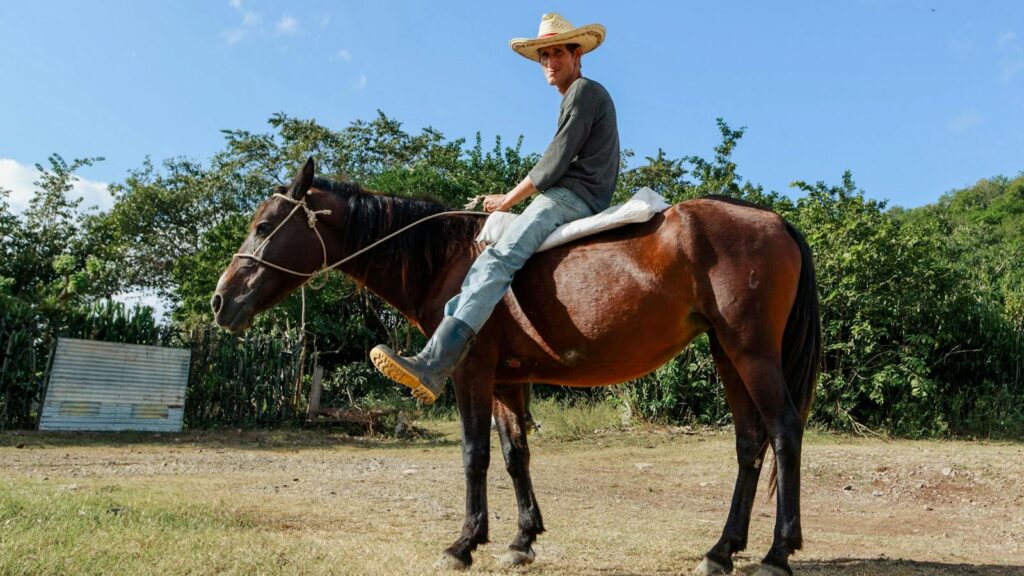
Perhaps the most dangerous error is implementing podcast advice without fully considering safety implications for both horse and rider. Audio descriptions may not adequately convey risks associated with certain training approaches, especially when working with young, sensitive, or reactive horses. Listeners sometimes attempt methods beyond their handling capabilities or in inappropriate environments lacking necessary safety features. Prudent podcast consumers prioritize safety above all else, ensuring they have appropriate supervision, equipment, and environments before attempting new techniques. Quality podcasts emphasize safety precautions and prerequisites, but ultimately, each rider bears responsibility for assessing risk in their specific situation.
Consuming Without Critical Thinking
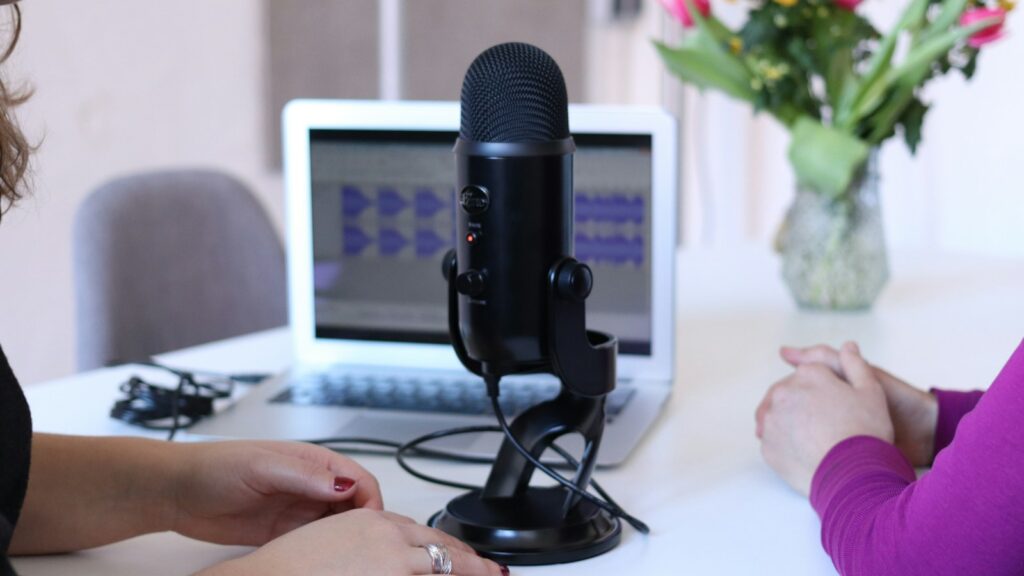
The passive nature of podcast listening can lull riders into accepting information without applying critical thinking skills. The intimate, conversational format creates a sense of trust that may bypass normal skepticism listeners would apply to other information sources. This receptive state makes it particularly important to consciously evaluate content rather than passively absorbing it. Effective podcast consumers develop the habit of questioning claims, considering alternative perspectives, and researching topics independently. The most valuable learning occurs when listeners engage actively with content—taking notes, formulating questions, and reflecting on how information connects to their existing knowledge and experience.
conclusion
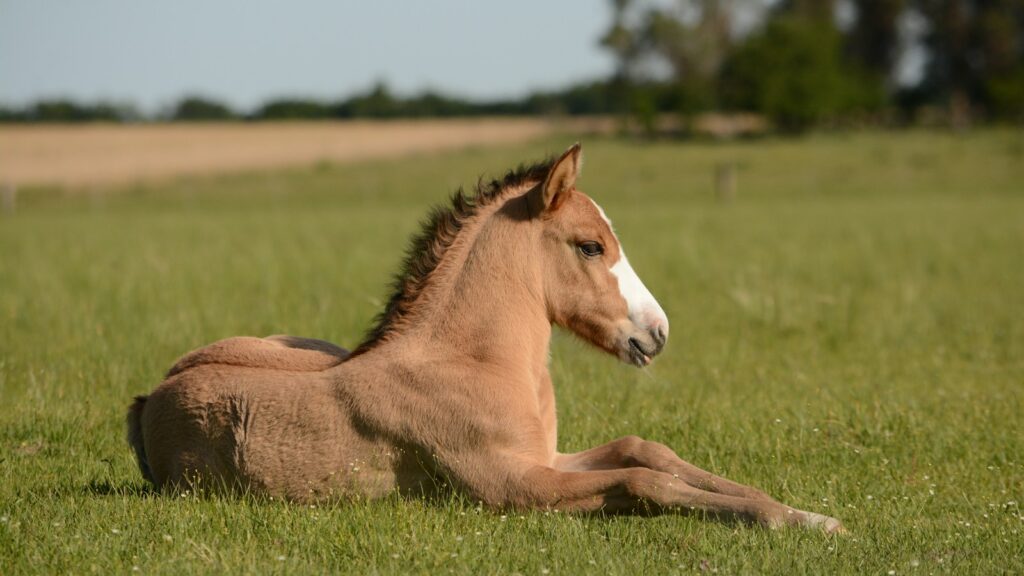
In conclusion, horse podcasts offer tremendous value to the equestrian community when approached thoughtfully and critically. By avoiding these common errors, riders can transform these accessible audio resources into truly beneficial educational tools. The most successful podcast consumers verify information across multiple sources, adapt advice to their specific circumstances, and implement new approaches gradually with appropriate supervision. As the equestrian podcast landscape continues to expand, developing these discerning listening skills becomes increasingly important for responsible horsemanship. With careful consideration and critical thinking, riders can harness the power of podcasts to enhance their equestrian journey while avoiding the pitfalls of misapplied information.

